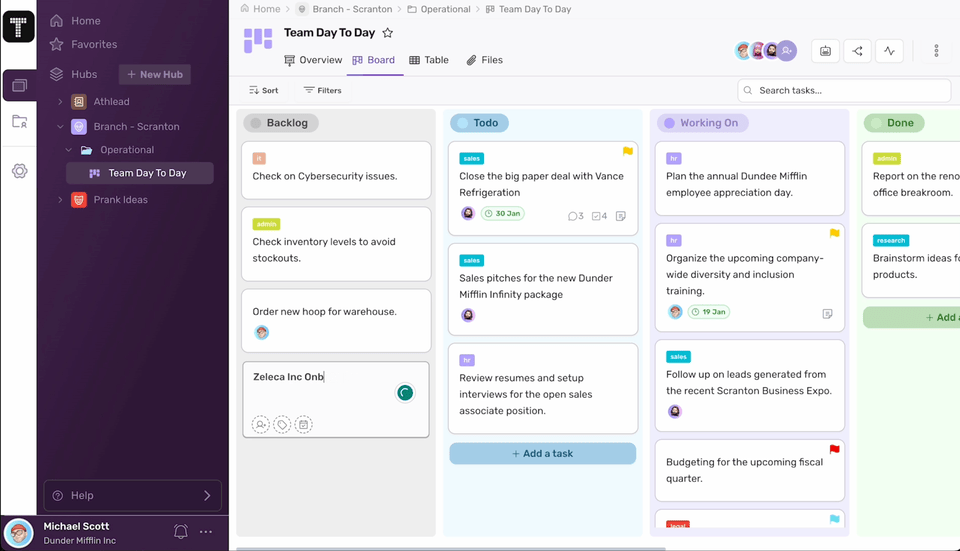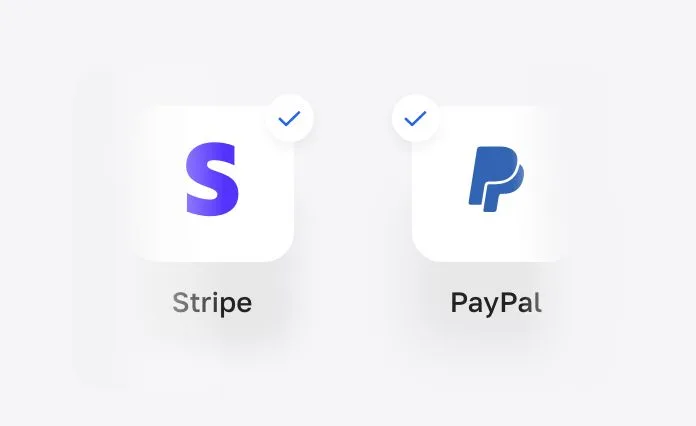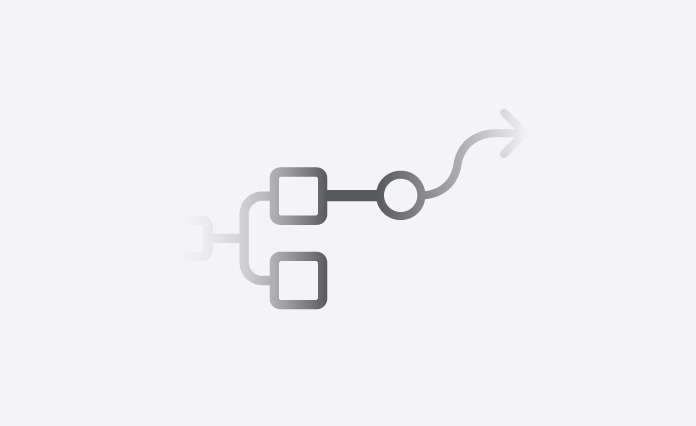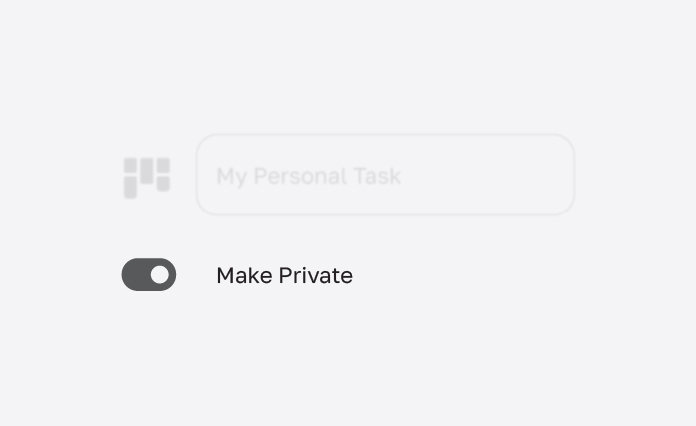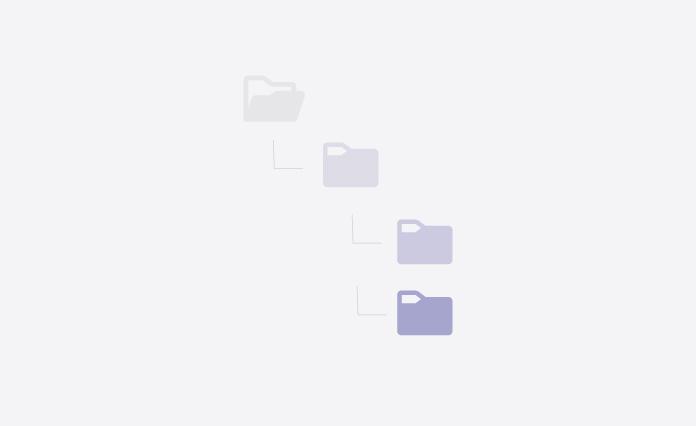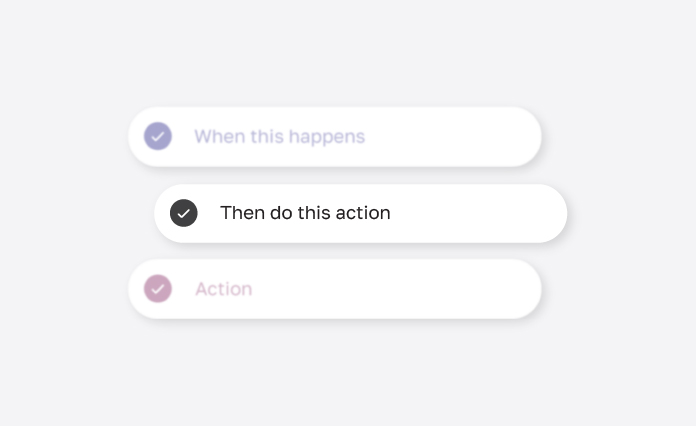In the healthcare industry, effective document management is crucial for ensuring the smooth operation of healthcare facilities and providing quality patient care. Healthcare records, which include a wide range of documents such as patient medical records, administrative records, and financial records, play a vital role in the continuum of care. This comprehensive guide aims to shed light on the various aspects of document management in healthcare, exploring key components of document management systems, best practices for managing healthcare records, the role of technology in document management, and legal and regulatory considerations.
Understanding Document Management in Healthcare
Document management encompasses the creation, organizing, storage, retrieval, and disposal of documents. In the healthcare context, it involves handling a vast amount of records, ensuring their accuracy, availability, and confidentiality. The effective management of healthcare documents not only promotes operational efficiency but also enhances patient safety and compliance with legal and regulatory requirements.
Managing documents in the healthcare industry is a complex task due to the sheer volume of information that needs to be handled. From patient medical records to administrative documents, healthcare organizations must have robust systems in place to manage and protect these critical pieces of information.
One of the key challenges in healthcare document management is ensuring the accuracy of the records. Healthcare providers rely on these documents to make informed decisions about patient care. Any inaccuracies or missing information can have serious consequences for patient safety. Therefore, document management systems must have mechanisms in place to verify the accuracy of the information and ensure that it is up to date.
The Importance of Effective Document Management
Efficient document management is critical for healthcare organizations for several reasons. Firstly, it improves data accessibility by allowing authorized personnel to find and retrieve relevant records quickly. This accessibility enables healthcare providers to make informed decisions promptly, leading to better patient outcomes. Moreover, timely access to complete and accurate records can prevent medical errors and facilitate effective communication among care team members.
Imagine a scenario where a patient arrives at the emergency department with a critical condition. The ability to quickly access their medical history, test results, and treatment plans can significantly impact the speed and accuracy of their care. With an effective document management system in place, healthcare professionals can access this information within seconds, ensuring that the patient receives the appropriate treatment without delay.
Secondly, effective document management enhances the security and confidentiality of healthcare records. Robust security measures, such as access controls and encryption, protect sensitive patient information from unauthorized access or disclosure. Compliance with privacy regulations, such as the Health Insurance Portability and Accountability Act (HIPAA), is an essential component of document management in healthcare.
Patient privacy is of utmost importance in healthcare. Any breach of confidentiality can have severe consequences, both for the patient and the healthcare organization. By implementing stringent security measures, healthcare organizations can ensure that patient records are protected from unauthorized access or disclosure. This not only builds trust with patients but also helps healthcare providers comply with legal and regulatory requirements.
Lastly, efficient document management promotes regulatory compliance and legal risk mitigation. Healthcare organizations must adhere to various laws and regulations regarding record-keeping, retention, and disposal. Effective document management systems ensure compliance with these requirements, reducing the risk of penalties or legal liability.
Compliance with regulations such as HIPAA is a top priority for healthcare organizations. Failure to comply with these regulations can result in hefty fines and damage to the organization’s reputation. By implementing a robust document management system, healthcare organizations can ensure that they meet all the necessary requirements and mitigate the risk of non-compliance.
Key Components of Document Management Systems
A document management system (DMS) provides a centralized platform for handling documents throughout their lifecycle. Key components of a DMS include:
- Document Capture: This involves the digitization of paper-based documents or the direct creation of electronic documents.
- Indexing and Metadata: Documents are tagged with relevant metadata, such as patient identifiers or document types, to facilitate search and retrieval.
- Storage and Retrieval: The DMS stores documents in a secure repository and provides efficient search capabilities for quick retrieval.
- Workflow and Collaboration: DMS enables seamless collaboration among healthcare professionals, allowing them to review, annotate, and share documents.
- Version Control: Version control features ensure that the most recent and accurate version of a document is available to authorized users.
- Retention and Disposal: The DMS facilitates the enforcement of record retention policies and secure disposal of expired or irrelevant documents.
A document management system acts as a centralized hub for all healthcare documents, streamlining the document management process. From the moment a document is captured, whether it is a paper-based record that needs to be digitized or an electronic document created directly, the DMS ensures that it is properly indexed and tagged with relevant metadata.
Once the documents are stored in the DMS, healthcare professionals can easily retrieve them using efficient search capabilities. This eliminates the need for manual searching through physical files or navigating complex folder structures on a shared drive. With just a few clicks, authorized users can access the documents they need, saving valuable time and improving productivity.
In addition to storage and retrieval, a DMS also facilitates workflow and collaboration among healthcare professionals. Multiple care team members can simultaneously review, annotate, and share documents, enabling seamless communication and collaboration. This feature is particularly useful in scenarios where a multidisciplinary team is involved in the care of a patient, as it allows for efficient information sharing and decision-making.
Version control is another critical component of a document management system. In a healthcare setting, documents are often updated and revised multiple times. It is essential to ensure that the most recent and accurate version of a document is available to authorized users. Version control features in a DMS track changes, maintain a revision history, and provide access to previous versions if needed.
Finally, a DMS facilitates the enforcement of record retention policies and the secure disposal of expired or irrelevant documents. Healthcare organizations must adhere to specific guidelines regarding how long certain documents should be retained and when they should be disposed of. A DMS automates this process, ensuring that documents are retained for the required duration and securely disposed of when they are no longer needed.
In conclusion, effective document management is crucial in the healthcare industry. It improves data accessibility, enhances security and confidentiality, promotes regulatory compliance, and mitigates legal risks. By implementing a robust document management system, healthcare organizations can streamline their operations, improve patient care, and ensure the integrity and confidentiality of sensitive information.
Exploring Different Types of Healthcare Records
Healthcare records encompass a broad range of document types, each serving a specific purpose in patient care and administrative processes. Understanding these different record types is essential for effective document management in healthcare.
Patient Medical Records
Patient medical records contain a comprehensive history of an individual’s health, including diagnoses, treatment plans, test results, and progress notes. Medical records provide a longitudinal view of a patient’s healthcare journey, enabling healthcare professionals to make informed decisions and ensure continuity of care.
Proper management and organization of medical records are crucial for accurate diagnosis, effective treatment, and seamless care coordination. Categorizing records based on visit type or medical condition can streamline access and retrieval, ensuring healthcare providers have the necessary information at their fingertips.
Administrative Records
Administrative records in healthcare include documents related to scheduling, billing, insurance claims, and patient demographics. These records serve as the backbone of administrative functions, enabling efficient appointment management, billing processes, and resource allocation.
An effective DMS can automate administrative workflows, reducing manual data entry and minimizing errors. By integrating administrative records with electronic health records (EHRs), healthcare organizations can streamline processes and enhance operational efficiency.
Financial Records
Financial records play a critical role in healthcare organizations, ensuring proper revenue management, cost control, and regulatory compliance. These records include invoices, payment receipts, reimbursement claims, and financial statements.
A robust document management system can improve the accuracy and efficiency of financial record management. Automated workflows and smart document storage mechanisms enable organizations to track financial transactions, facilitate audits, and generate timely financial reports.
Best Practices for Managing Healthcare Records
Ensuring Data Privacy and Security
Protecting patient data is of utmost importance in healthcare. Implementing robust security measures, such as access controls, encryption, and regular data backups, safeguards sensitive information from unauthorized access, breaches, and data loss.
Additionally, training staff on data privacy and security practices ensures compliance with regulatory requirements and mitigates internal risks. Regular security audits and vulnerability assessments help identify and address potential vulnerabilities in document management systems.
Implementing Efficient Record Retrieval Systems
Rapid access to healthcare records is essential for providing timely and accurate patient care. Implementing efficient record retrieval systems, such as intelligent search functionalities and advanced indexing, can significantly improve productivity and streamline workflows.
Organizing records using standardized naming conventions and metadata enhances search capabilities. Additionally, implementing optical character recognition (OCR) technology can convert scanned documents into searchable text, further simplifying record retrieval.
The Role of Technology in Healthcare Document Management
Electronic Health Records (EHRs)
EHRs have revolutionized healthcare document management by digitizing patient medical records and enabling seamless integration of various healthcare systems. EHRs improve care coordination, reduce medical errors, and enhance patient engagement.
Interoperability and data exchange standards, such as Health Level Seven (HL7), allow different healthcare providers and systems to share patient information securely. This interoperability enhances the accuracy and completeness of patient records, facilitating collaborative care.
Automation in Document Management
Automating document management processes can significantly improve operational efficiency and reduce manual errors. Workflow automation streamlines document routing, approvals, and notifications, enabling seamless collaboration and eliminating time-consuming manual tasks.
Integration between document management systems and other healthcare applications, such as electronic prescribing systems or laboratory information systems, further automates data capture and document association. This integration minimizes duplicate data entry and ensures data consistency.
Legal and Regulatory Considerations
Compliance with HIPAA Regulations
HIPAA sets forth regulations to protect the privacy and security of patient health information. Healthcare organizations must implement appropriate administrative, technical, and physical safeguards to ensure compliance.
A robust document management system helps healthcare organizations enforce HIPAA regulations by providing access controls, audit trails, encryption, and secure data transmission.
Understanding State-specific Laws
In addition to federal regulations like HIPAA, healthcare organizations must navigate state-specific laws governing record-keeping, retention, and disposal. These laws may vary, and it is essential to stay informed and comply with the specific requirements of the state(s) where the organization operates.
Consulting legal counsel and regularly reviewing and updating document management policies and procedures ensures compliance with both federal and state regulations.
In summary, effective document management plays a critical role in healthcare organizations. By understanding the importance of document management, key components of document management systems, different types of healthcare records, best practices, the role of technology, and legal considerations, healthcare facilities can optimize operations, protect sensitive information, and comply with regulations, ultimately benefiting both patients and healthcare providers.

